What is Literature Review And Its Types
A literature review is referred to as a piece of academic writing which explicit knowledge and understanding of the academic literature based on a particular topic that requires to be in context. A literature review further involves critical examination of the material therefore, it is known as the literature review instead of a literature report. It is generally an overview of major writings and other sources that are based on the topics selected. The sources that are used in writing literature review includes scholarly journal articles, books, online websites and government reports. It provides a description, summary and assessment of each source.
The Purpose of a Literature Review
The purpose of the literature review is to obtain knowledge of the present research and debates that are relevant to a specific topic or an area of the research, where the knowledge and information are generated in written format. Conduct a literature review, it helps in the development of knowledge in respective field. It shows that literature review helps in establishing formality regarding the understanding of present research in the specified area before the conductance of the research. While conducting a literature review, you are directed to the areas that have already been covered or still needs to be covered in the topic.
Types of Literature Reviews
A literature review is persuasive throughout various academic disciplines, and thus it can accept numerous approaches for effectively organizing and writing the literature. Different types of literature reviews are listed below;
Systematic Review
This form of the literature review comprises an overview of present indication that is relevant to a clearly articulated research question, which utilises pre-stated and standardised tools for the identification that is critically evaluated study to gather, report and examine information from the literature that is involved in the appraisal. It, therefore, emphasis on a precise experiential question that is frequently posed in the cause-and-effect form.
For Example;
Theoretical Review
This review is the form that concretely examines the amount of concept that has accrued in this regard to a problem, notion, model and phenomena. The theoretical review aids in forming what theories already exist and identifies the relationship between them. In this regard, the theories have been researched to formulate new hypotheses that are required to be tested. It, therefore, helps in establishing an absence of appropriate theories for revealing current theories that are inadequate for explaining a new and evolving problem of the research-. The focus of the analysis would be on theoretical concept or the entire theory or framework.
For Example;
Methodological Review
An appraisal does not always emphasise what is said by someone and how it is said. However, this methodological review provides a framework that possesses towards comprehending the framework at different levels. It, therefore, enables the investigator to draw on an extensive assortment of knowledge that ranges from theoretical level to applied documents for utilizing it in the fieldwork in the subject of ontological and epistemological deliberation. In terms of qualitative and quantitative incorporation, sampling, interviewing, data collection and data analysis method and helps in highlighting and illustrating ethical issues of which the researcher should be aware. It ensures to have a structure to the literature.
For Example;
Argumentative Review
This type of the literature review assesses the literature selectively for supporting and disproving a dispute where deeply entrenched assumptions, philosophical problem has already been recognised in the literature. The objective is to generate a body of literature that begins with a contrarian point of view. Given the value-loaded nature of some social science research for example educational reform and immigration control. The argumentative methods help in assessing the study that helps in a genuine and important form of discourse.
For Example;
Integrative Review
It is the type of review that possess towards reviewing, appraising and producing demonstrative literature which is based on a topic in an integrated way where novel frameworks and perspectives are generated. The literature body involves all studies that are addressing to identical hypotheses. An integrative review should meet the same standards as primary research with regards to clarity, rigour and replication.
For Example;
Historical Review
Several things rest in remoteness from a historical model. It mainly focuses on assessing research throughout a period that often initiates with issue concept, theory, phenomena that are evolved in the literature and tend towards the development within the allowance of discipline. The main motive is to place study in a historical context to illustrate knowledge with state-of-art growths and for the identifications for future research.
For Example;
Critical Review
It is the type of review that emphasis more on detailed evaluation of the literature for comparing and examining various perspectives.
For Example;
Scoping Review
This review is generally utilised at the starting of the research proposal. It is often conducted before the research is started and sets the stage for the research by highlighting the gaps in the research along with defining the needs for the research that is required to be carried out.
For Example;
Conceptual Review
The conceptual review is the one that rectifies the present understanding of the provided study topic. It explores how this knowledge was reached and attempts to possess a greater understanding that is suggested. Thus, it gives a snapshot of the current situation of the particular field of research.
For Example;
Narrative (Traditional) Review
It is one of the traditional reviews that usually appears as a chapter or an individual section in the thesis. It explains what related studies are already been carried out and how it informs the thesis along with determining how this dissertation fits into the research of particular field.
For Example;
Do’s and Don’ts
Checklist
- Literature Review is the second chapter where relevant information is added along woth analysing the data relevant to the research topic.
- It comprises of various sub headings according to the topic.
- The type of literature review is selected based on the topic of the research.
- Choosing relevant sources.
- Introduction to the review.
- Organisation and writing qualities for the review.
- Presentation of studies that are being reviewed.
- Evidence of analysis, synthesis and critique taking place for the review.
- Convlusion for the review.

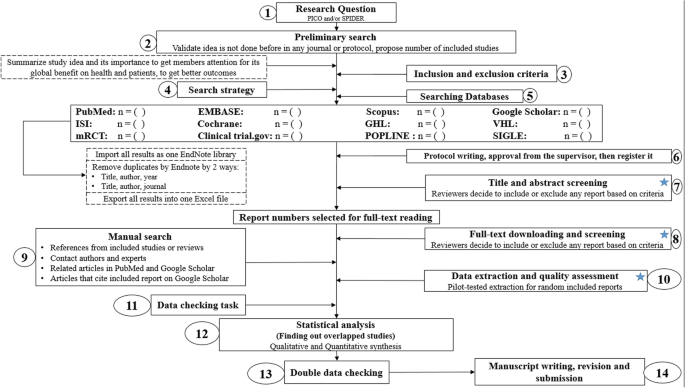


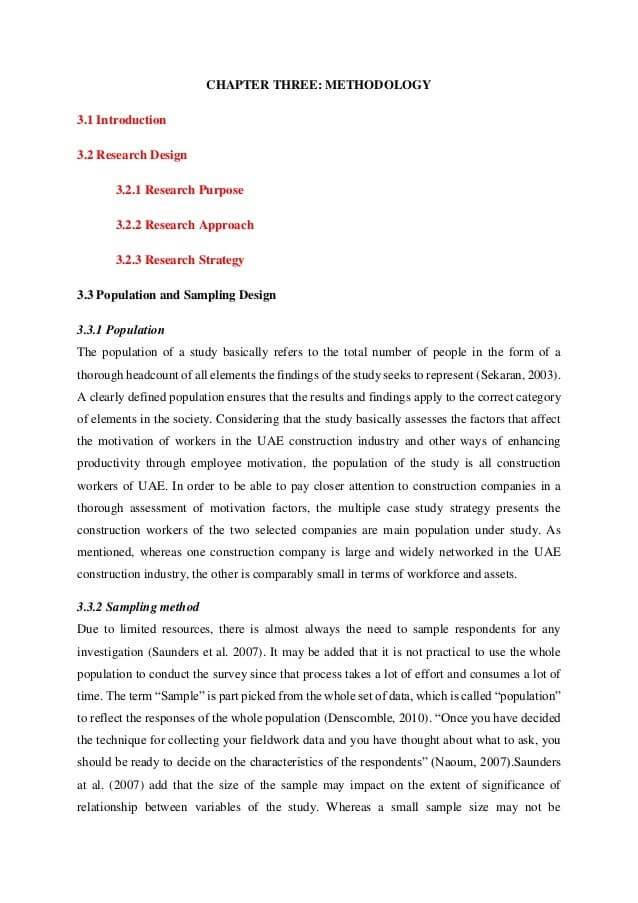
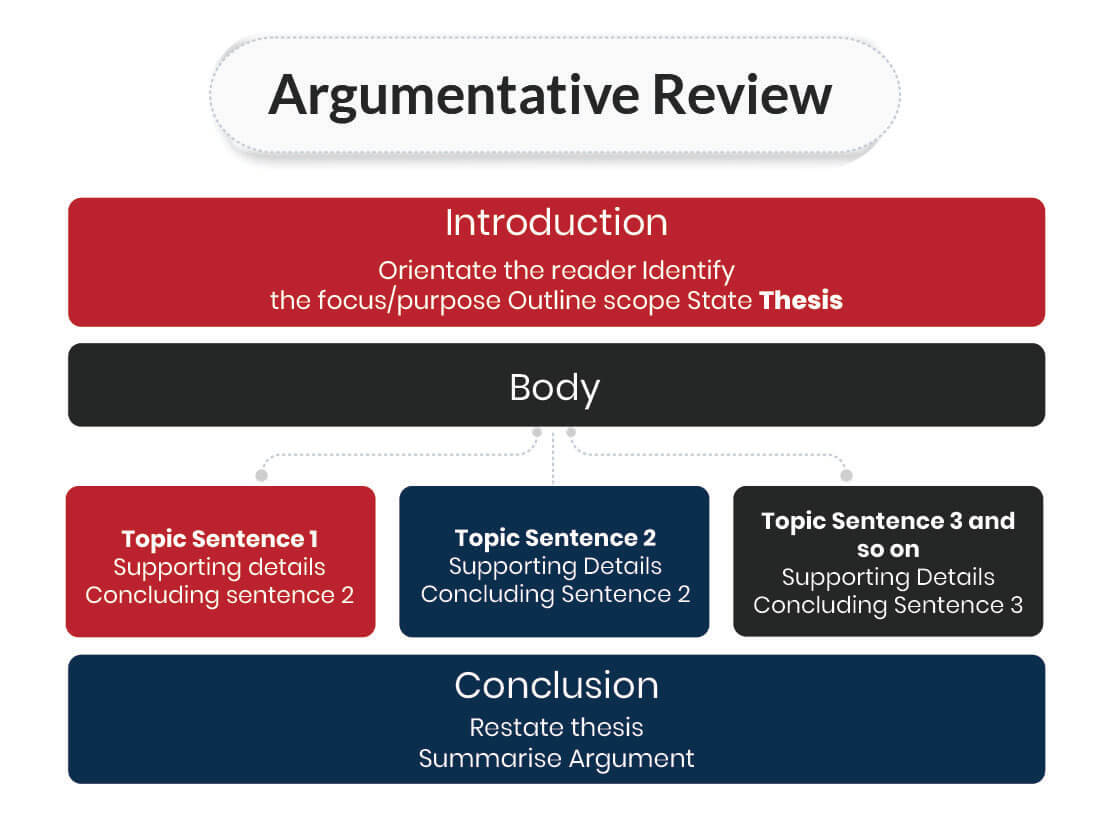
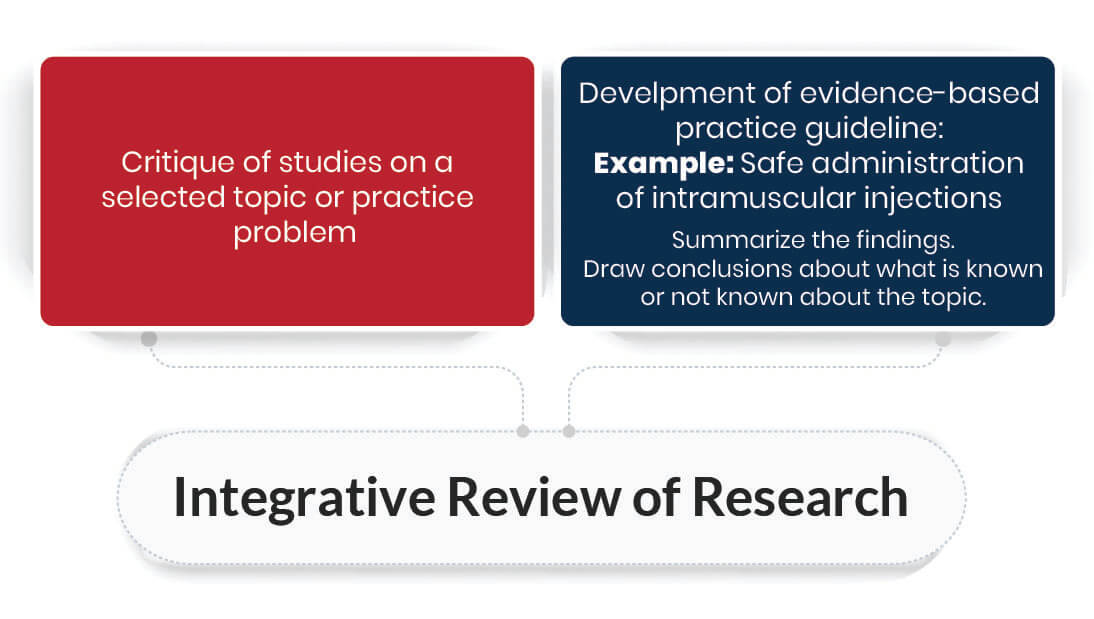

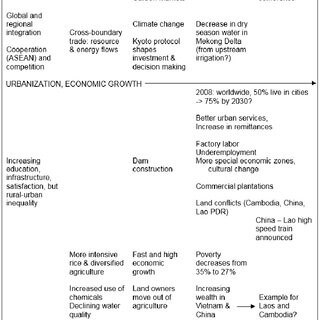
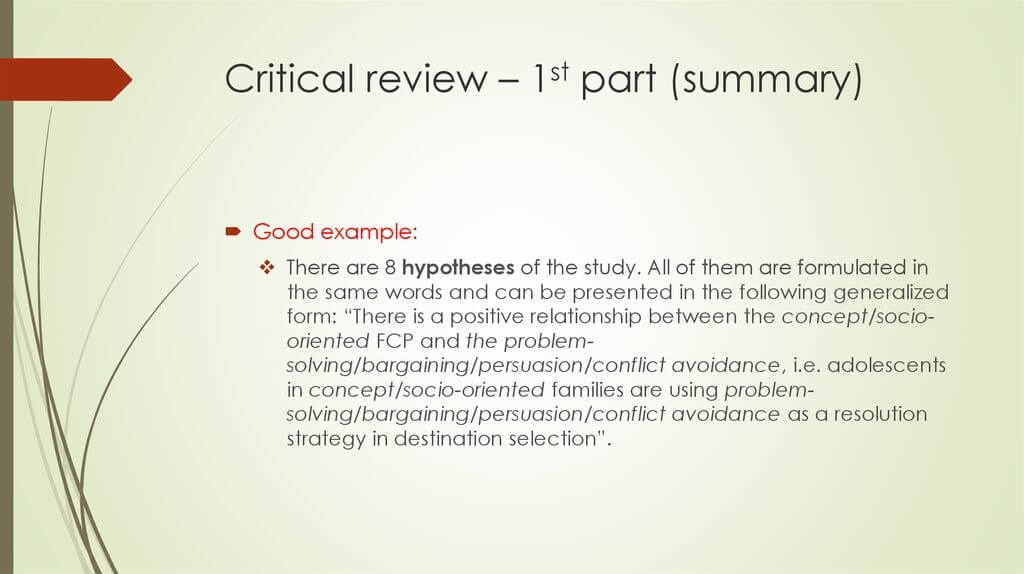
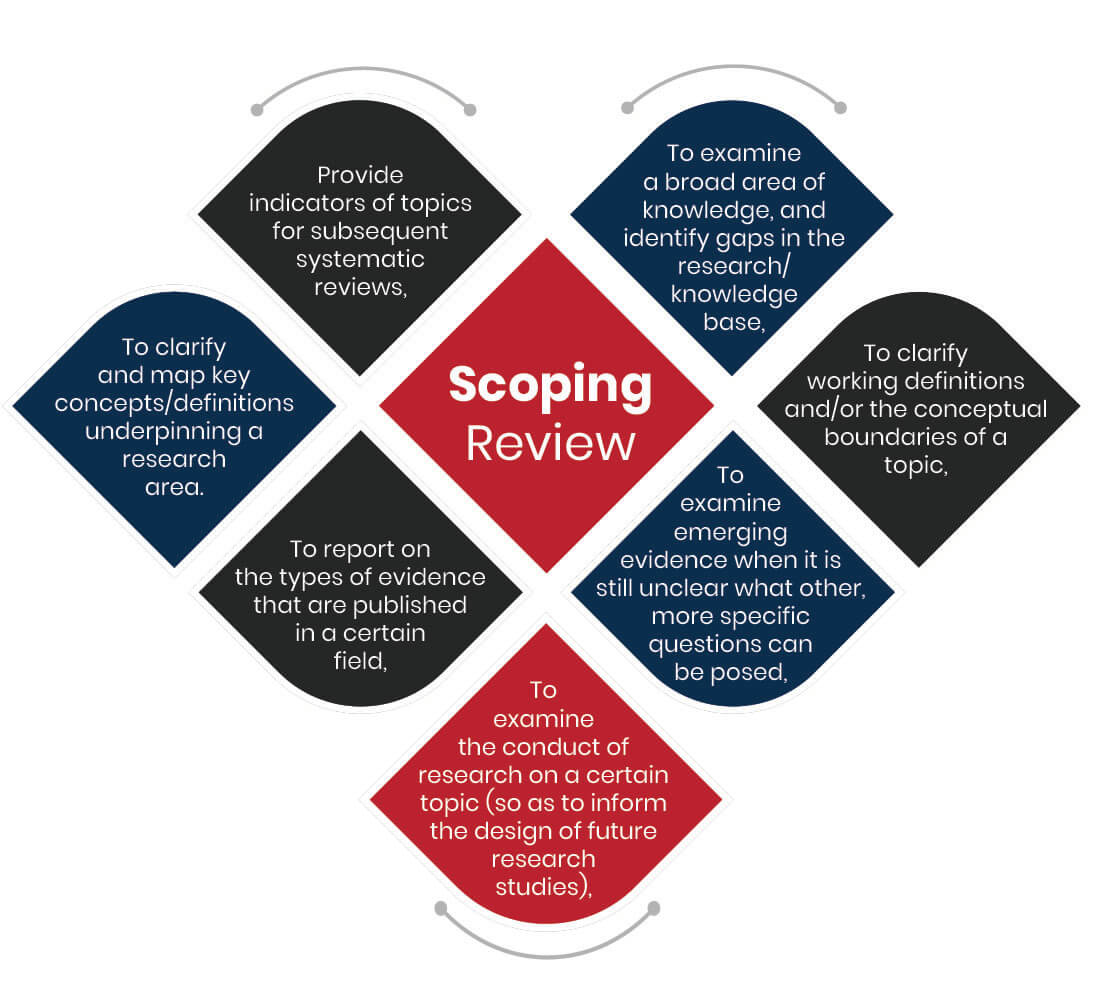
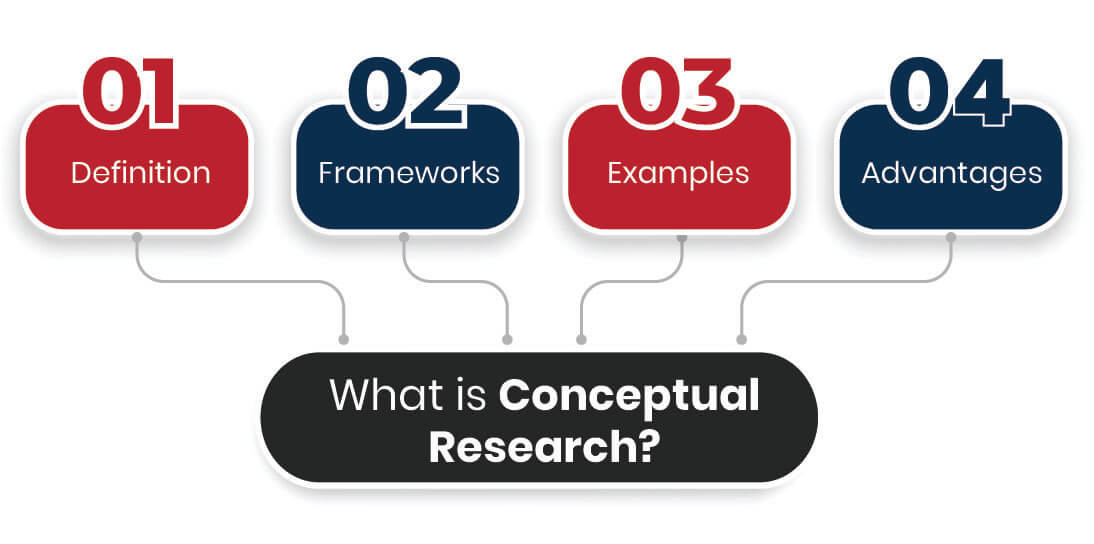
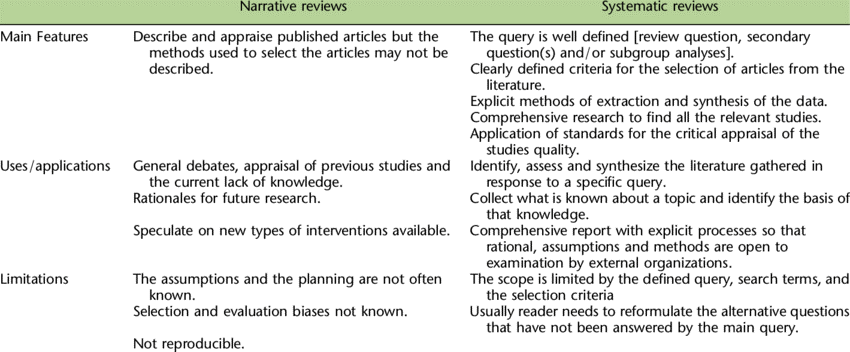
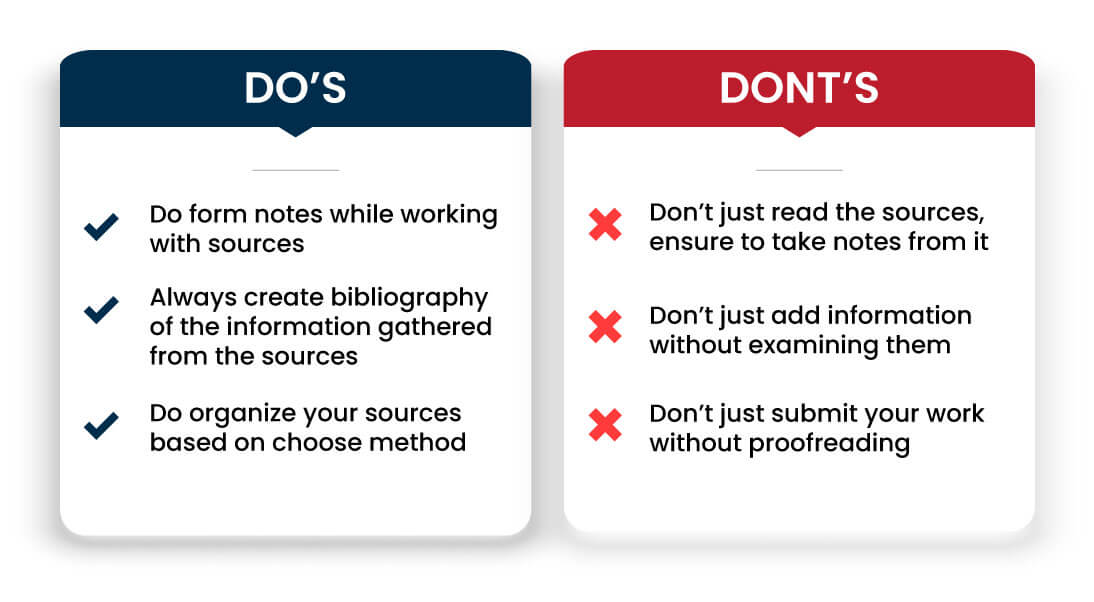
 Whatsapp
Whatsapp Contact
Contact Call
Call Live Chat
Live Chat